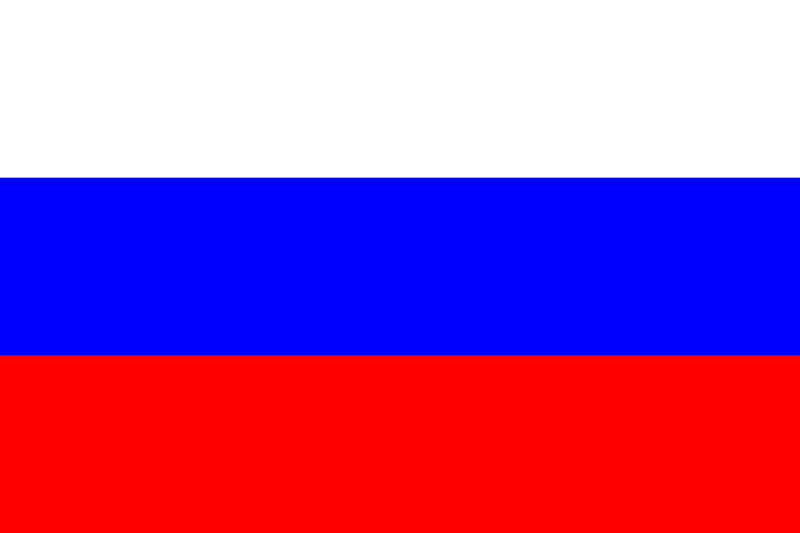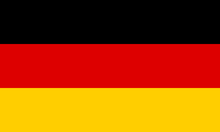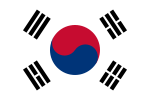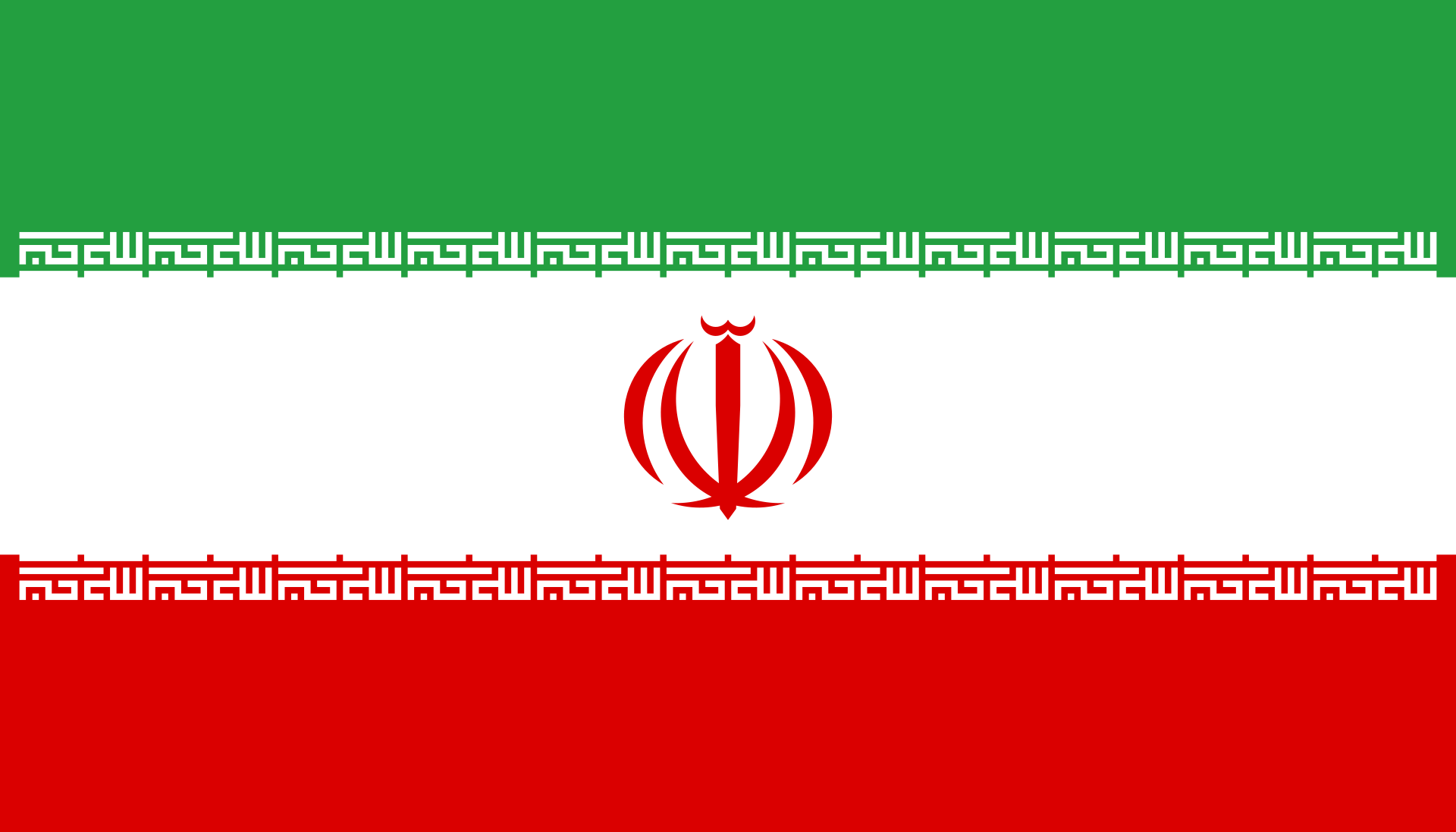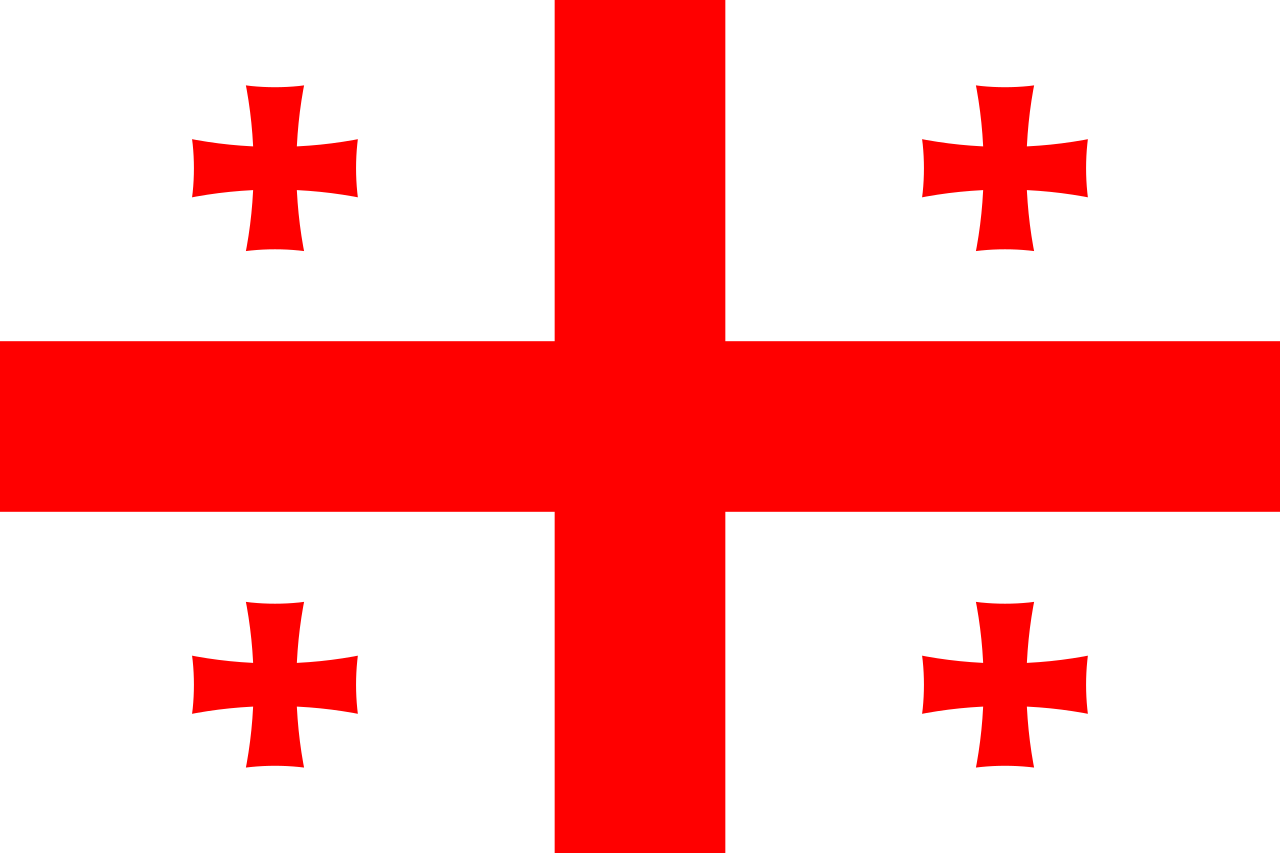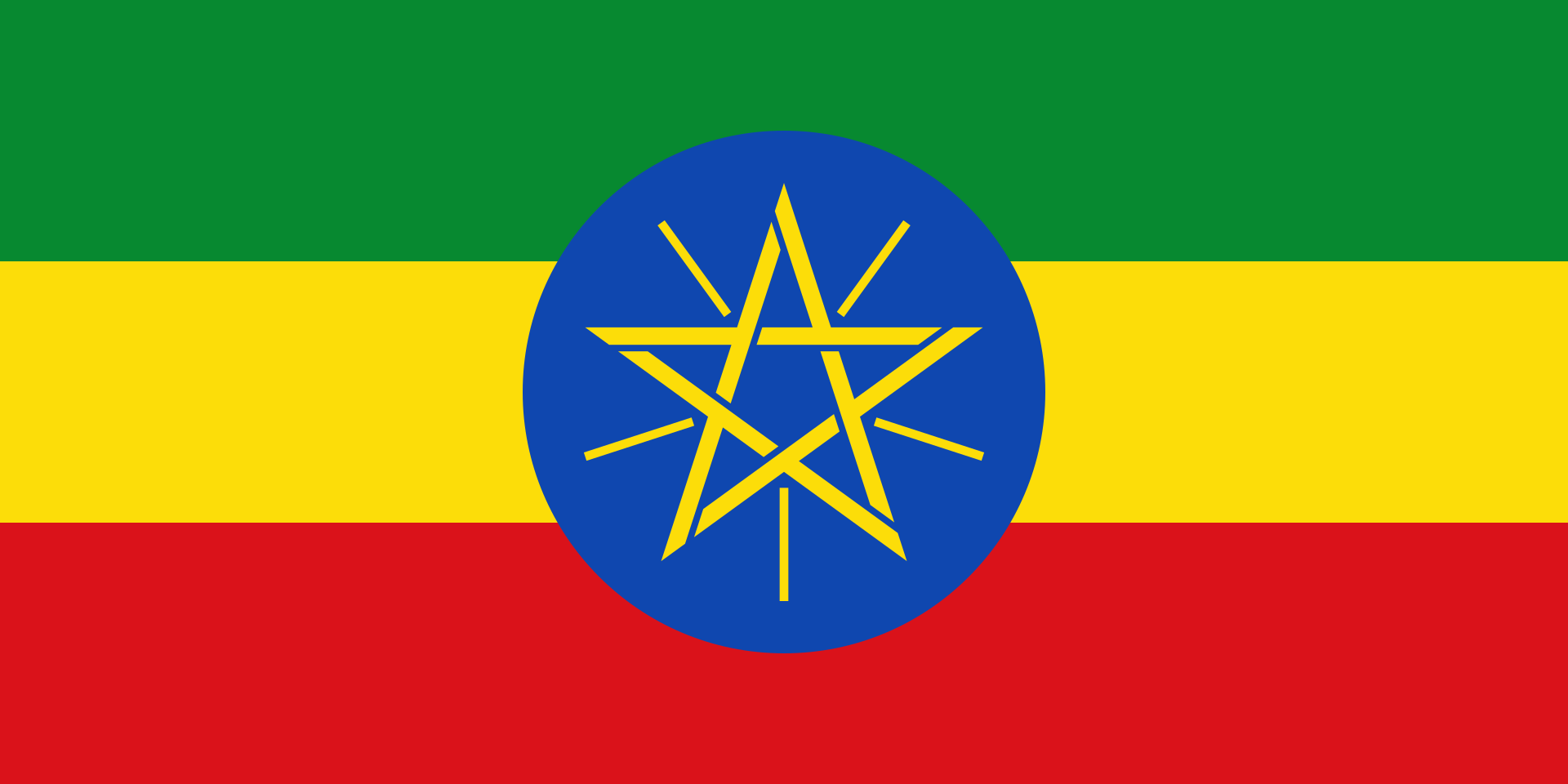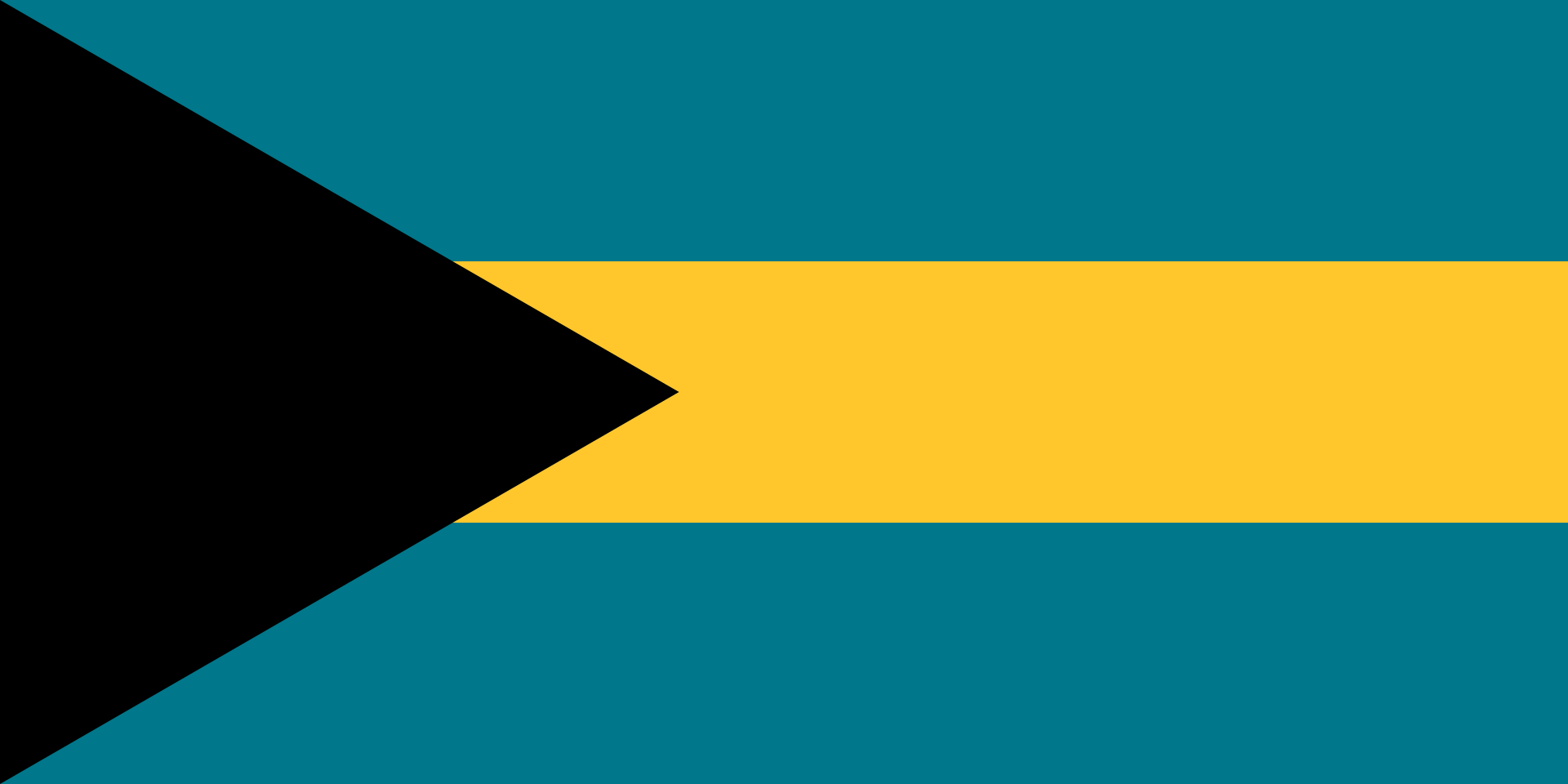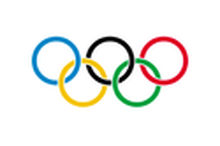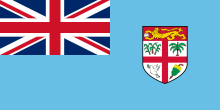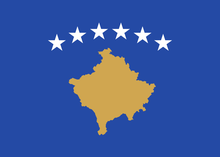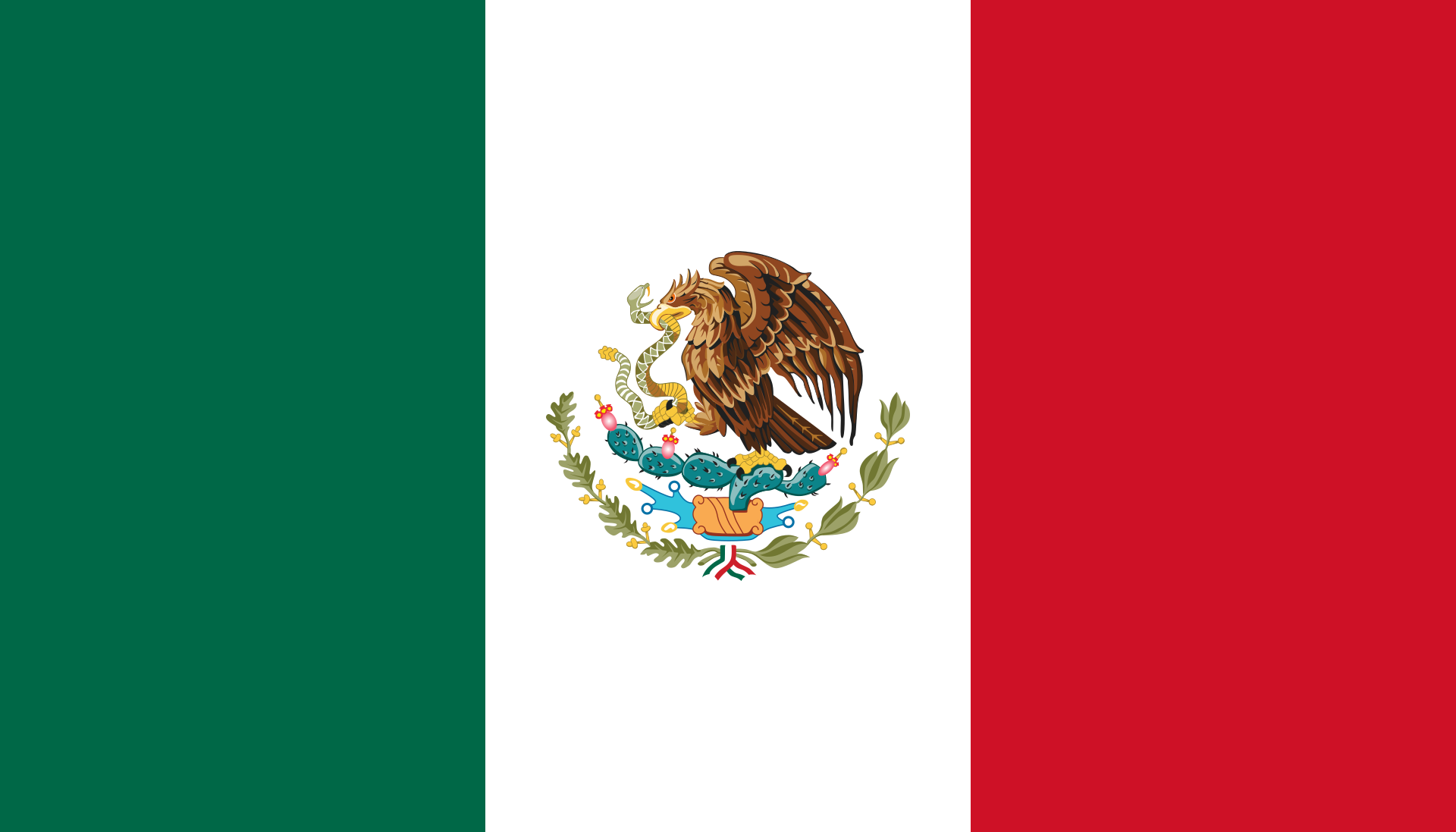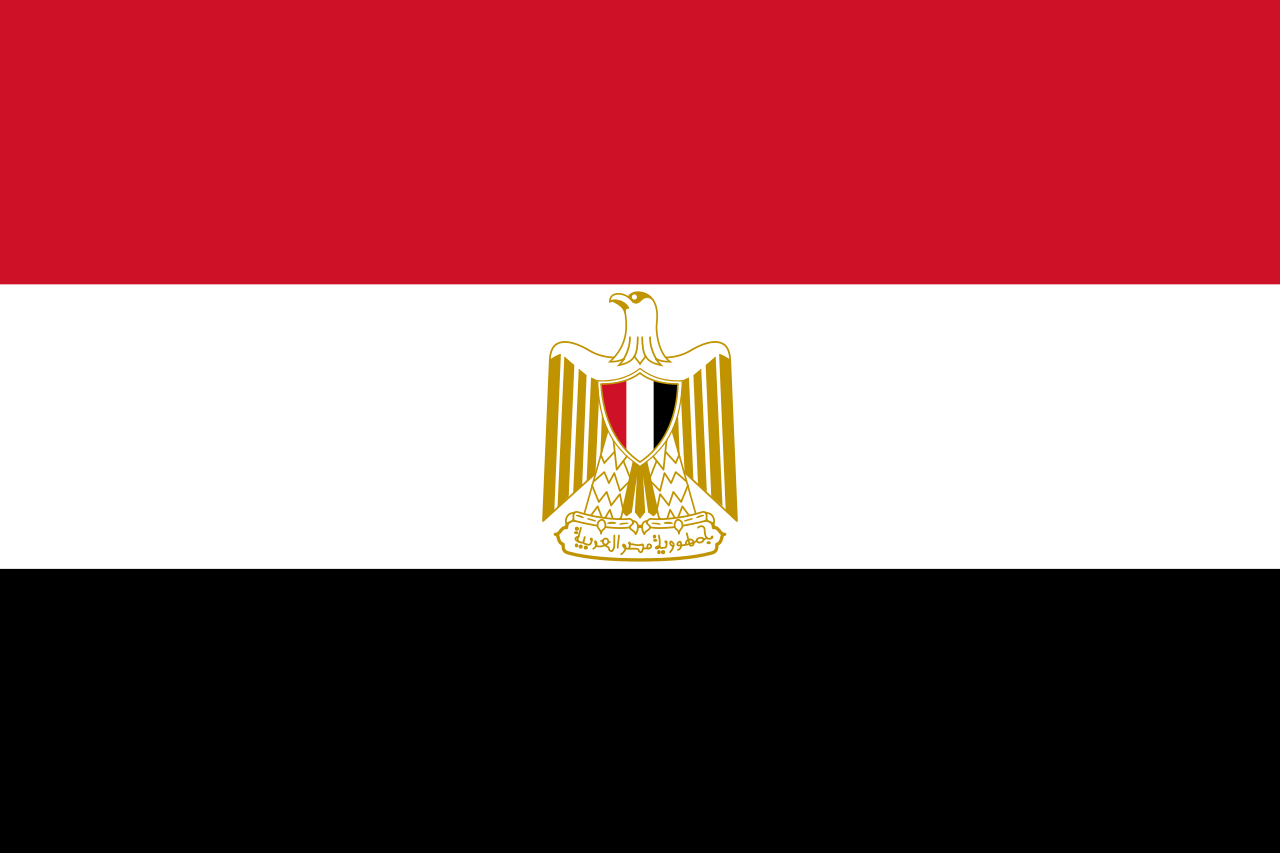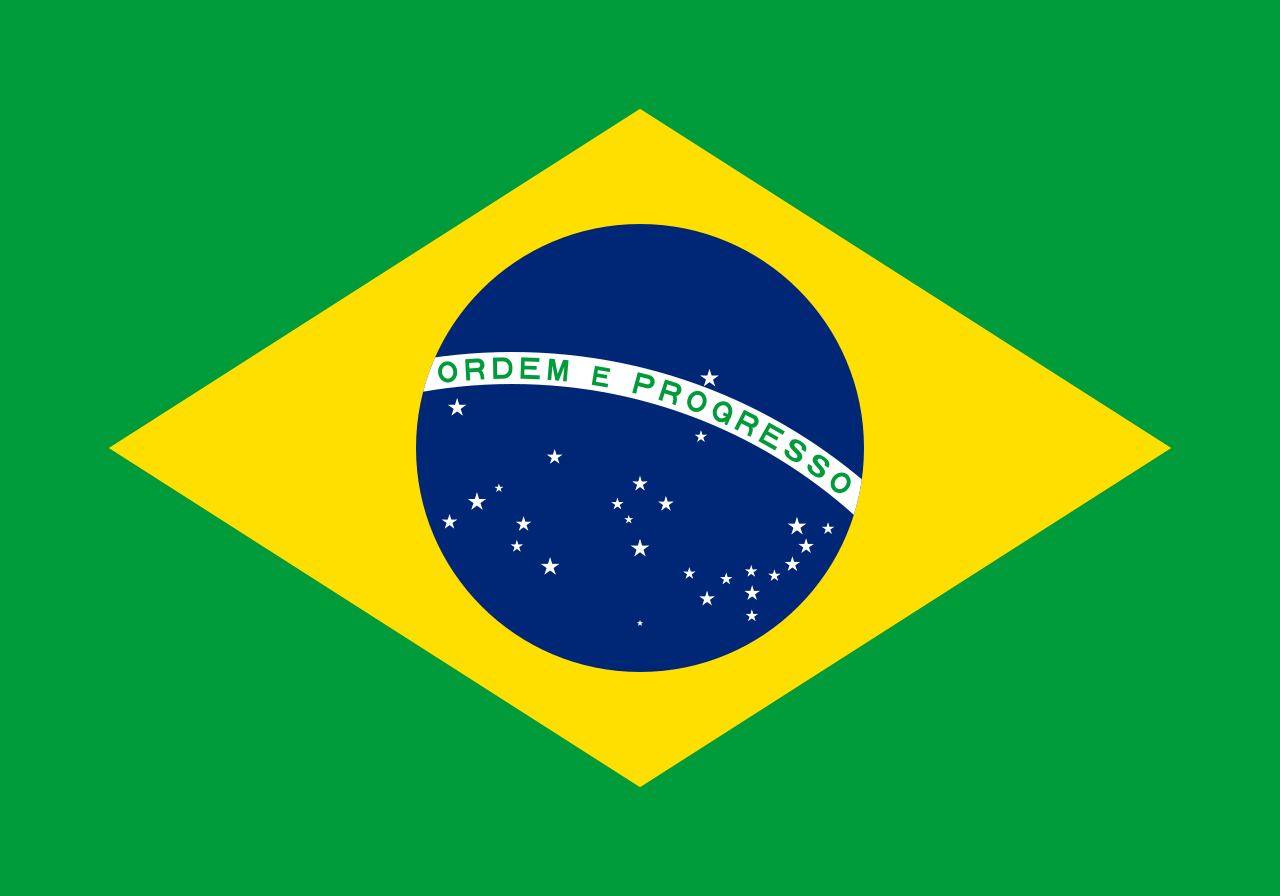
31. Olympic Summer Games
Olympic Medals in the games of 2016 in Rio de Janeiro
972 Medals in 34 Sports in 306 Events
South America hosted the Olympic Games for the first time from August 5 to 21, after 1968 in Mexico City the second in Latin America.
The Maracanã stadium is one of the largest in the world. It was the setting for the opening and closing celebrations, which were remembered mainly by a lot of samba music. Football matches were also played in this stadium. The men's tournament was the most important event for the Brazilians. Superstar Neymar da Silva dos Santos "Neymar" explained in advance that winning the gold medal was even more important than winning a world championship, mainly because Brazil had previously won seven medals in Olympic football, but not a single one in gold. The opponent in the final was Germany. This makes the duel even more explosive, especially since Brazil was outclassed 7-1 in the semi-finals of the World Cup two years earlier. Neymar shot the 1-0 against Germany in front of almost 64,000 spectators, but since they equalized, the decision had to be made on penalties. The first four penalties turned both teams into goals. The Brazilian goalkeeper was able to hold the fifth shot of the Germans, it was now up to Neymar to place the last penalty for the gold medal in the opposing goal. He started, delayed briefly, started again, shot and scored! Tears of joy and cheers in the stadium were the result.
A few days before the start of the games in Rio, IOC President Thomas Bach announced that, due to the large number of doping cases since the Olympic Games in Beijing in 2008, only those Russian athletes who are demonstrably not involved in the Russian state doping are allowed to participate demonstrably have not used any doping agents. 282 Russian athletes and athletes took part in the games under the Russian flag. In 2018, invited Russian participants should only be allowed to compete under the Olympic flag.
Golf was Olympic in 1900 and 1904. After that, it was removed from the program 112 years ago and had a comeback in Rio. Rugby was also on the program in 1900, 1904, 1920 and 1924. At that time, the sport was played with more participants than when it was resumed in Rio. Seven-player rugby was a very exciting competition for the spectators, even for those who had never known the sport before. A real highlight was the men's final. Fiji outclassed Britain 43: 7, it was the first medal ever for the island nation. The heroes of the country were enthusiastically celebrated by the population on their return. The country was in exceptional condition.
The superstar of the games was the American swimmer Michael Phelps with 5 gold and a silver medal. Actually, he had already ended his career in 2013, he had signed off from the test pool of the anti-doping agency. However, he did not last long without swimming. Therefore, he made a comeback just five months later. With its success in Rio de Janeiro, Phelps has set several records:
1. For the fourth time in a row, he was the most successful athlete at the Summer Olympics
2. Twenty-eight medals are ten more than the record that Soviet gymnast Larissa Latynina had held before him
3. Twenty-three gold medals are an extreme record, sovereign over all other Olympians
4. His series victories are unique: four times 200m layers, four times 4x200m freestyle, four times 4x100m layers relay, three times 100m butterfly
5. At the Olympic Games nine world records and twelve Olympic records
The second superstar was Jamaican Usain Bolt, who again won three gold medals in the sprint. Since he was stripped of a gold medal in 2008 for doping his relay member Nesta Cater, he ended his Olympic career with eight gold medals.
The United States confidently won the medal table. One of the American stars was the gymnast Simone Biles. She won four gold and one bronze medal. In the women's category, Katie Ledecky won four gold and one silver medal, just one less than her teammate Michael Phelps.



